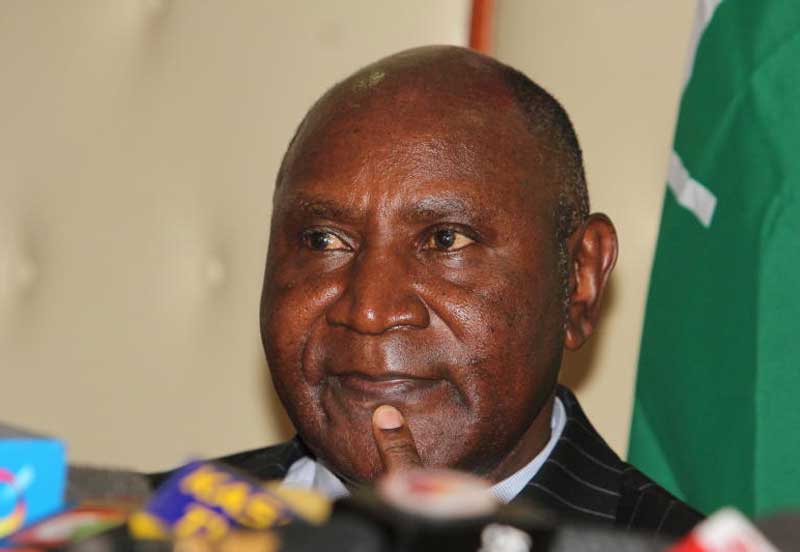×
The Standard e-Paper
Stay Informed, Even Offline

It is two minutes past 4pm, March 6, 2015. Frustration is getting the better side of Remmy Koech, the Kenya Railways risk and audit manager.
Koech had been trying for months to secure surveyors to help his audit team in the field before it was too late. It was now eight months since the team was promised surveyors to support their work.